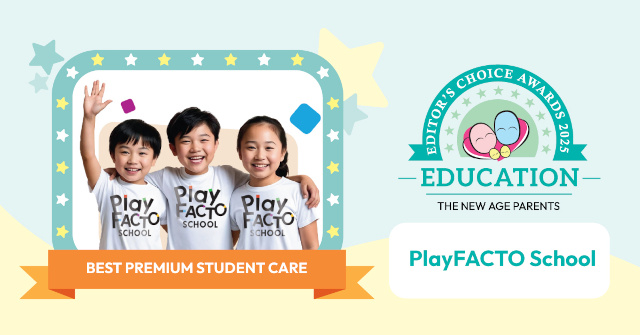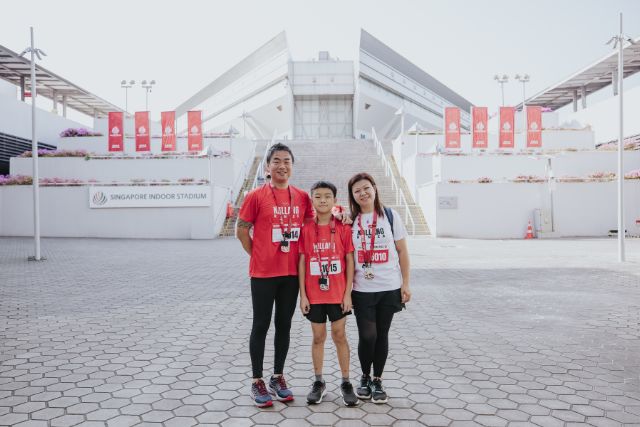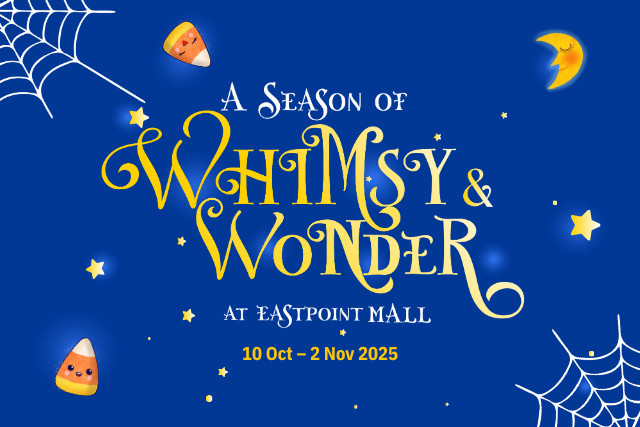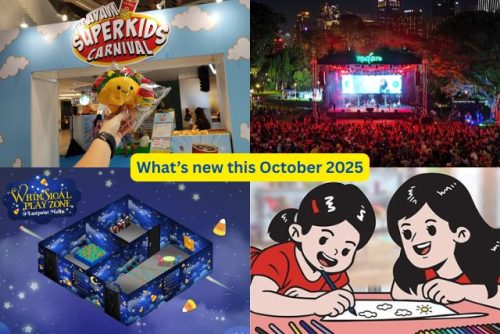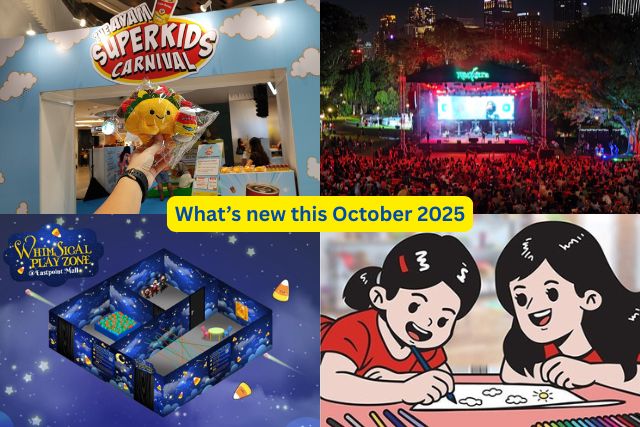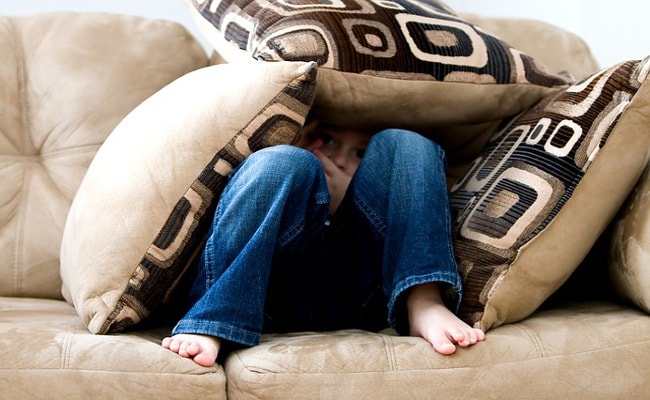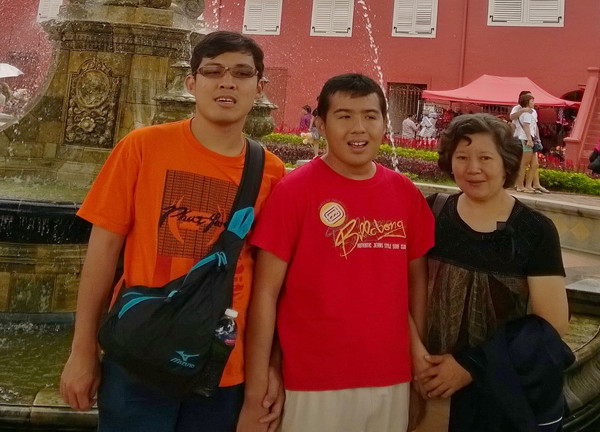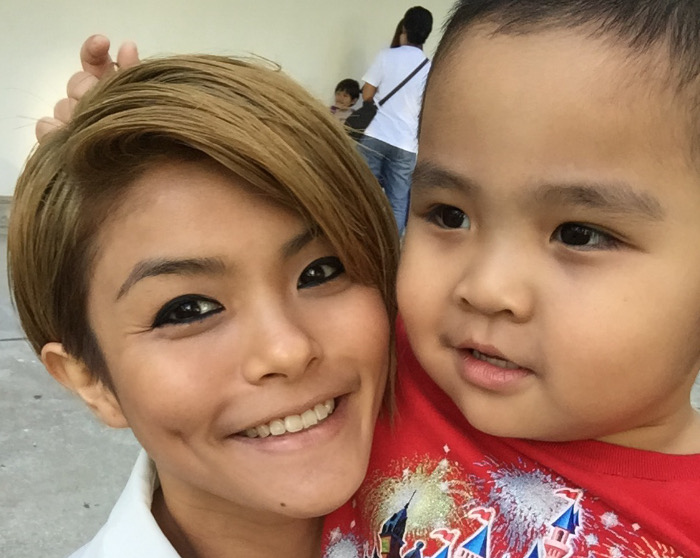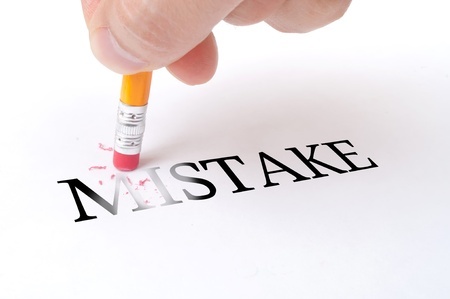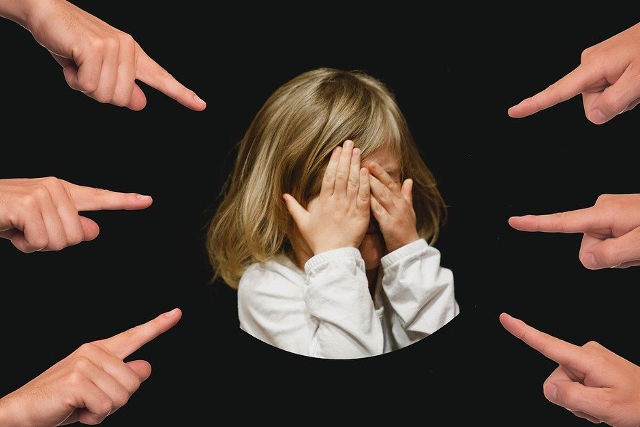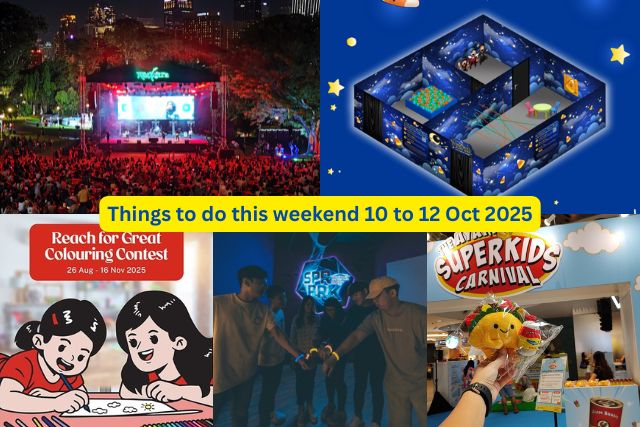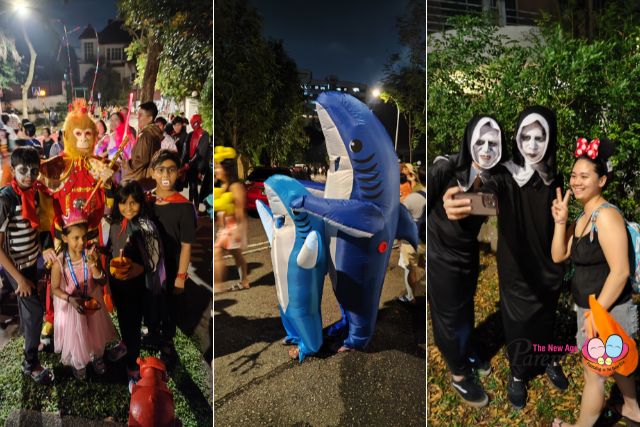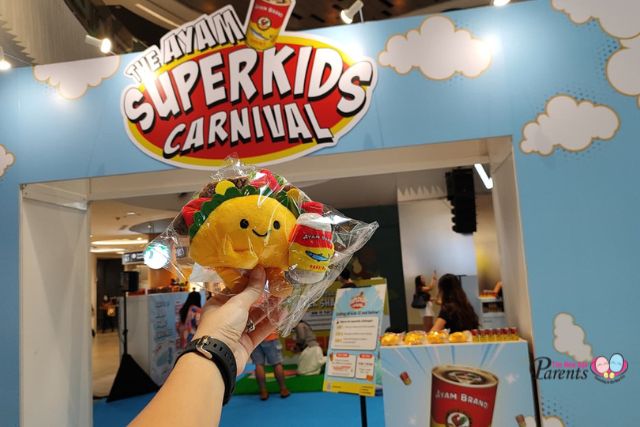Meet 36-year-old Charlene Wong.
Married to Alan Wong, 38, a landscape project manager, the couple has two sons and one daughter.
At first glance, she looks like a typical working mother, juggling work and family life.
Beneath that youthful smile, Charlene is also standing up for a more inclusive society.
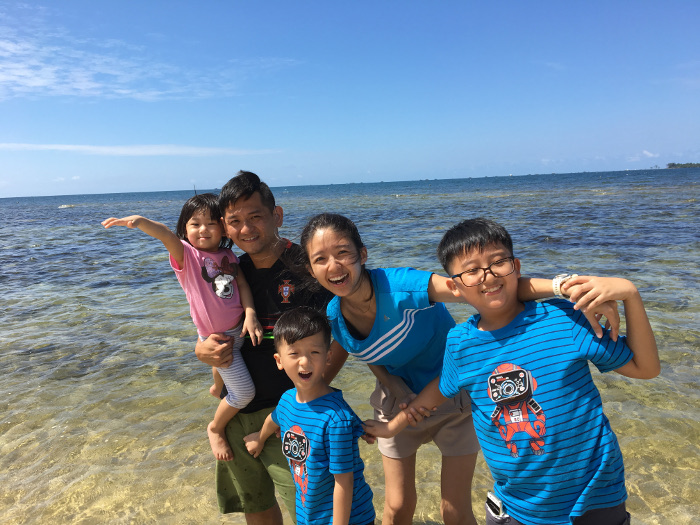 Charlene with her husband Alan, and her three children, Isaac, 12, Josiah, 7, and Hannah, 3.
Charlene with her husband Alan, and her three children, Isaac, 12, Josiah, 7, and Hannah, 3.
Charlene, who is born deaf, is also a passionate volunteer and teacher in the deaf community.
She works closely with the deaf community and is an active volunteer within the community, running tuition and enrichment programmes for children to equip them with lifelong skills and to support their learning.
As a parent to a deaf child, Charlene opens up to TNAP on her journey as a person with disability, and what its like to be a parent to a child with a disability.
Hi Charlene! What’s been keeping you busy these days?
Work, spending time with family, advocating for an integrated preschool for deaf children and exercise.
What do you love?
Travelling especially exploring new places, exercise, plan family outings, spend time with kids by playing with them and listening to their stories, dating my husband, meet ups with friends especially deaf married couples or families.
Were you born deaf?
Yes. I grew up in a deaf family with hearing grandparents. I can say that I had a happy childhood most of the time because there was a lot of support from the family and school. My parents and brother are deaf and we really linked up with one another well in communication.
What was it like growing up being deaf?
My cousins often came to my house and we played together. There were some challenges that I faced e.g. I did not understand the game instructions and just followed along, depending mainly on my visual eyes to observe how they played although they tried to help explain. They were also supportive by learning sign language or using gestures to communicate with me.
However, there were times where my cousins enjoyed listening and dancing to music and singing and I felt lost and could not enjoy. Also in old times, there were cartoon TV programmes with no subtitles. Therefore I did not understand what the cartoon characters were talking about.
What was school like for you?
I went to a deaf primary school where there was a group of deaf students and the teachers would use signing to teach us. From there, my language development started to progress.
When it came to secondary school education, it was my first time integrating with hearing classmates. The hearing classmates saw me and my deaf friends signing and were curious about sign language. They eventually learnt sign language from us. From there we made friends and they also helped to interpret for us during lessons. However there were resource teachers to help us through this education.
When I moved on further to polytechnic, then I faced more challenges as there were no resource teachers. Resource teacher assists the main teacher by interpreting and explaining and does extra classes with us, for example revising on what is taught in class. It was quite a fast-moving learning pace for me and I missed out quite a lot in the lecture setting.
There were information on slides but they were not sufficient for my learning, resulting in me lagging behind and having to work extra hard. So I went to approach the lecturer personally to ask if he can give me extra lessons and he was willing to have extra classes for us – a group of deaf students. Also, I had to go to the library to get more information.
Were there times when you felt discouraged or discriminated due to your disability?
There was one case where I felt discouraged. My first job was a crew member at a fast food restaurant in secondary school days and I was assigned to the cashier counter where people usually order food. Some of the customers realised that I am deaf and moved away to other counters to make orders.
Sometimes I would feel left out when hearing people chatted and did not include me in their conversations. So I have to take the initiative to ask what the conversation was about.
How about dating?
For dating, there was no problem in that area as my husband is also deaf. We have a great time communicating with each other as our language is same.
Speaking of dating, how did you meet your husband?
I first met my husband at a charity concert in our primary school days and it was first love at sight. We officially started dating in polytechnic days.
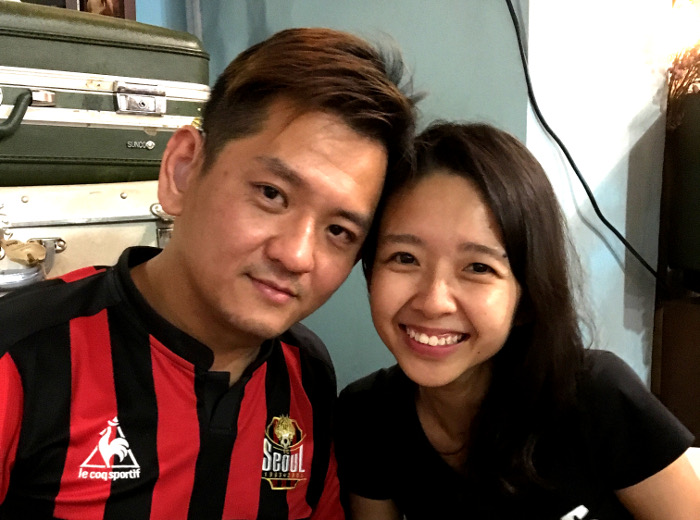 Charlene and her husband, Alan.
Charlene and her husband, Alan.
Were there any obstacles or did people disapprove of your relationship while both of you were dating?
Nope.
What’s it like to raise three kids?
It is quite tough to raise three kids as they are at their different stages, have different characters and interests. It takes me and my husband a lot of efforts to balance our attention among all three and nurture them to their best. Somehow, it is really a joy and fulfilling to have three kids.
What’s the most challenging and most rewarding thing after becoming a mother?
Giving my best to bring the best out from kids.
You have one child who is deaf, and the other two are not. How do you teach the two siblings to communicate with their sibling who is hard on hearing?
I will teach them on how to call their sister by waving at her or tapping on her shoulder to get her attention. They can apply sign language or gestures which we usually use to communicate with one another. I also explain to them that their sister may not understand what is going on and it would be good if they can repeat to their sister and be patient with her till she understands the whole picture.
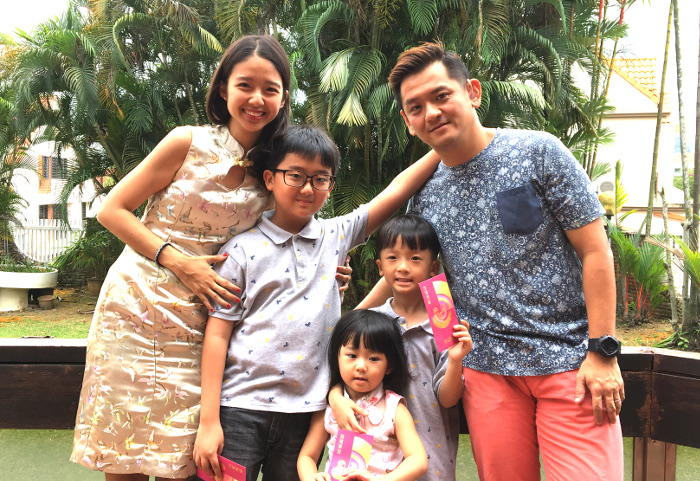
Was there a time when you were stuck in a situation due to your disability, and it left you feeling very frustrated? Can you describe that scenario to us?
It was when I tried to book a taxi. Then I received a call from the taxi driver and could not take the call as I could not hear. He kept calling. It ended up that the taxi did not come as it did not know where I was exactly. It happened a few times. But now it is better with technology and new services. Fro example with Grab or Uber, I can communicate with the taxi driver through SMS.
If I had colleague or friend who is deaf, what should I be more aware of?
Be aware about the deaf colleague’s presence and try to include them in your chat. This will not make them feel left out.
What are some of the “lifehacks” deaf people use to get around society’s barriers?
When there are calls through my phones, calling numbers are usually shown in the call list and we will try to ask our hearing friends or family members to help call that number. We use vibrating alarms to wake up. With door bells ring, flashing alerting devices are used.
What’s your ideal inclusive society?
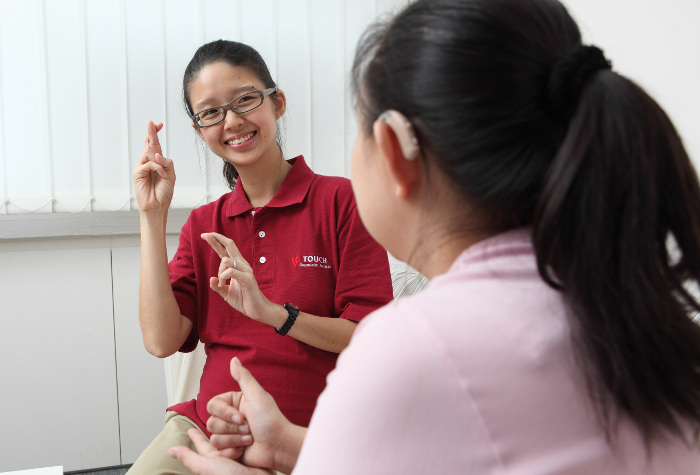
My ideal inclusive society is a place where people can say greetings in sign language, where people are open to communicate with us, accept us as a part of their society, offer help, give us the chance to live our dreams and make contributions to the society.
Secondly, a place where access services care are provided for people with disabilities, for example, for the deaf to make calls independently through national relay services, or make visual announcements when there are public warnings.
Thirdly, creating an inclusive environment for schools and the workplace. There is a lack of integrated preschool for the deaf who are not able to listen and speak well here. It would be good to have this preschool together with signing teachers here.
If you could have a magic wand and change one thing about the way people viewed disability, what would it be?
Persons with disabilities are not aliens. We are all humans.
Complete this sentence. Being deaf doesn’t mean…
Being impaired and less important as we can do a lot of things except hear.
Charlene is also the ambassador for National Council of Social Service’s (NCSS) flagship disability awareness campaign, ‘See The True Me’. Catch her in the video below!
* * * * *
Looking to reach over 100,000 parents in Singapore? Let us amplify your message! Drop your contact details here, and we’ll reach out to you.
Discover exciting family-friendly events and places to explore! Join our Telegram channel for curated parenting recommendations.















